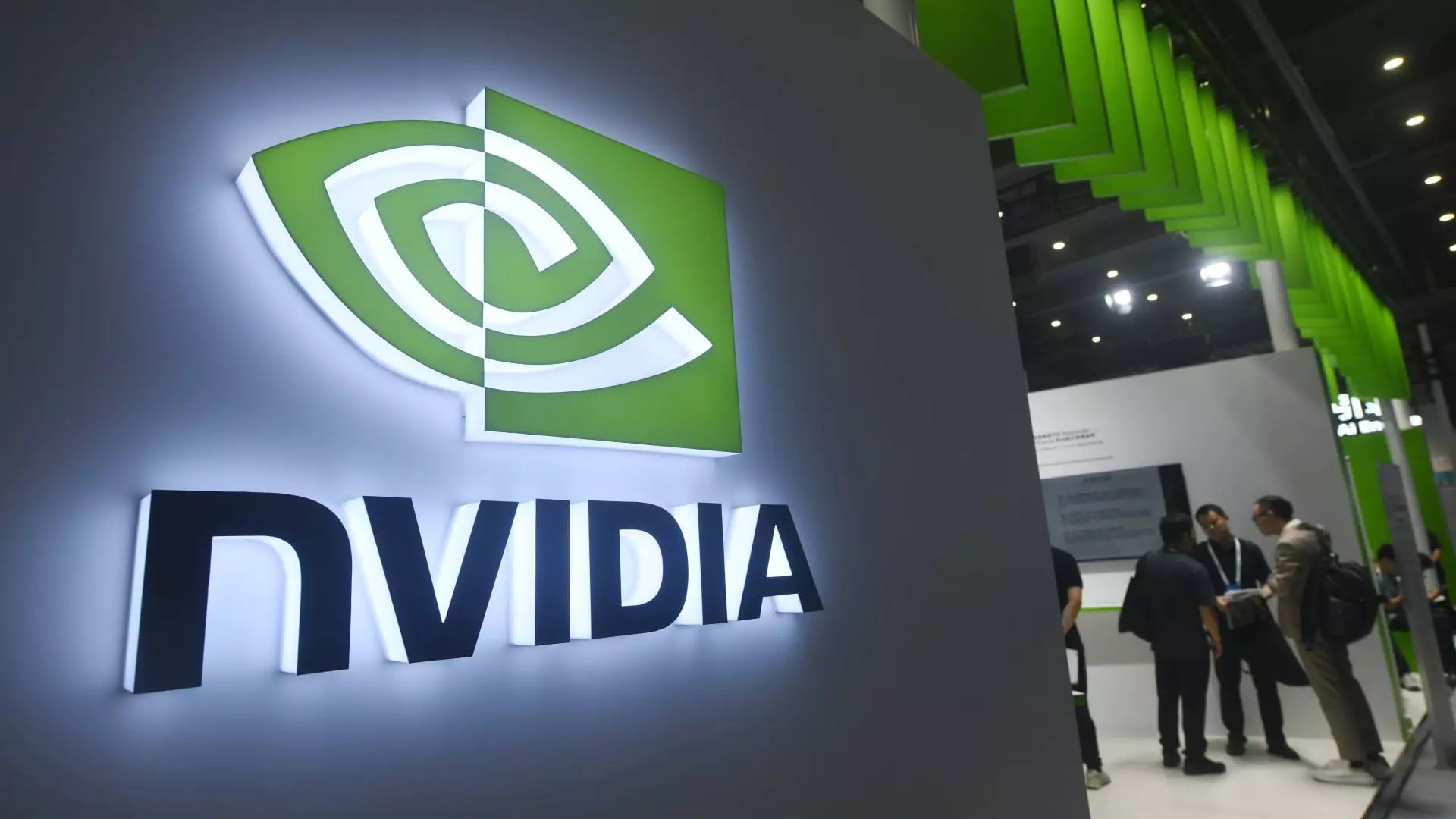Las Vegas is set to become the epicenter of healthcare innovation as major tech players—Nvidia, Google, Microsoft, and a host of others—convene for the HLTH 2023 conference. Scheduled to kick off this Sunday, this event promises to attract over 12,000 influential figures in the healthcare industry, all eager to explore revolutionary tools designed to alleviate the staggering administrative burdens faced by medical professionals. This year, the spotlight is firmly on artificial intelligence (AI) technologies that aim to streamline healthcare processes, thereby allowing doctors and nurses to devote more time to patient care.
The healthcare sector is often criticized for its inefficiencies, particularly regarding documentation and administrative tasks. According to a survey released by Google, clinicians dedicate nearly 28 hours each week to paperwork, which robs them of essential time that could be spent interacting with patients. Furthermore, an alarming 80% of medical practitioners reported that their clerical work hinders patient care, and 91% expressed enthusiasm for employing AI to diminish these tasks. The problem isn’t merely inconvenient; it’s a significant contributor to burnout among healthcare professionals, which, as consulting firm Mercer suggests, could lead to a nationwide shortage of approximately 100,000 healthcare workers by 2028.
The challenge stems from the fragmented nature of medical data, often siloed among various vendors and formats, complicating the retrieval of patient information and documentation processes. Tech organizations are eager to harness this opportunity to develop solutions that promise efficiency gains in a market projected to exceed $6.8 trillion by the end of the decade.
Google has taken a bold step in this direction with its launch of Vertex AI Search for Healthcare, aimed specifically at easing the administrative load. This tool allows developers to create applications that provide quick access to information scattered across various medical records. By providing a comprehensive overview of patient data, the solution aims to enhance the efficiency of healthcare providers. Alongside this, additional features within Google’s Healthcare Data Engine will help healthcare organizations create platforms to support generative AI applications.
Meanwhile, Microsoft is making waves with a new suite of tools designed to further reduce administrative burdens. They recently announced innovations in medical imaging and automation of documentation designed specifically for nurses. Microsoft’s existing offerings, including the AI-powered DAX Copilot developed through its subsidiary Nuance Communications, exemplify this trend. DAX Copilot enables physicians to focus entirely on the interaction with their patients without the distraction of manual note-taking.
The soaring interest in AI scribe tools, typified by Microsoft’s DAX Copilot, signifies a substantial shift in healthcare documentation practices. Competitive players, such as Abridge and Suki—who have raised considerable funding—underscore the increasing demand for innovative documentation solutions. Dr. Shiv Rao, CEO of Abridge, noted the unprecedented rate at which the healthcare sector has begun embracing AI for clinical documentation, remarking on the historic nature of this trend.
At HLTH, the discussions and presentations related to these AI-driven solutions are expected to be extensive. Nvidia, another key player, is positioning itself as a leader in the healthcare AI space. Kimberly Powell, Nvidia’s vice president of healthcare, is slated to deliver a keynote highlight on how generative AI can drastically improve the workflow of healthcare professionals, freeing them to focus on what matters most—patient care.
As AI technologies rapidly evolve, their integration into the healthcare sector signifies a noteworthy cultural shift. The anticipated benefits such as increased efficiency and reduced burnout could have profound implications not just on healthcare providers, but also on patient outcomes. Yet, while excitement surrounds the development of these tools, many healthcare organizations remain in the early stages of evaluating potential solutions. The forthcoming HLTH conference provides an essential platform for these discussions, as stakeholders familiarize themselves with the latest AI advancements and their possible applications in the real world.
HLTH 2023 is more than just a showcase of technological advancements; it marks the dawn of a new era in healthcare. The embrace of AI tools signifies a collective effort toward alleviating the significant strains placed on medical professionals, ultimately leading to a more efficient and effective healthcare system. As the conference draws closer, the anticipation around these innovative solutions builds, underscoring the changing landscape of healthcare in the digital age.


Leave a Reply